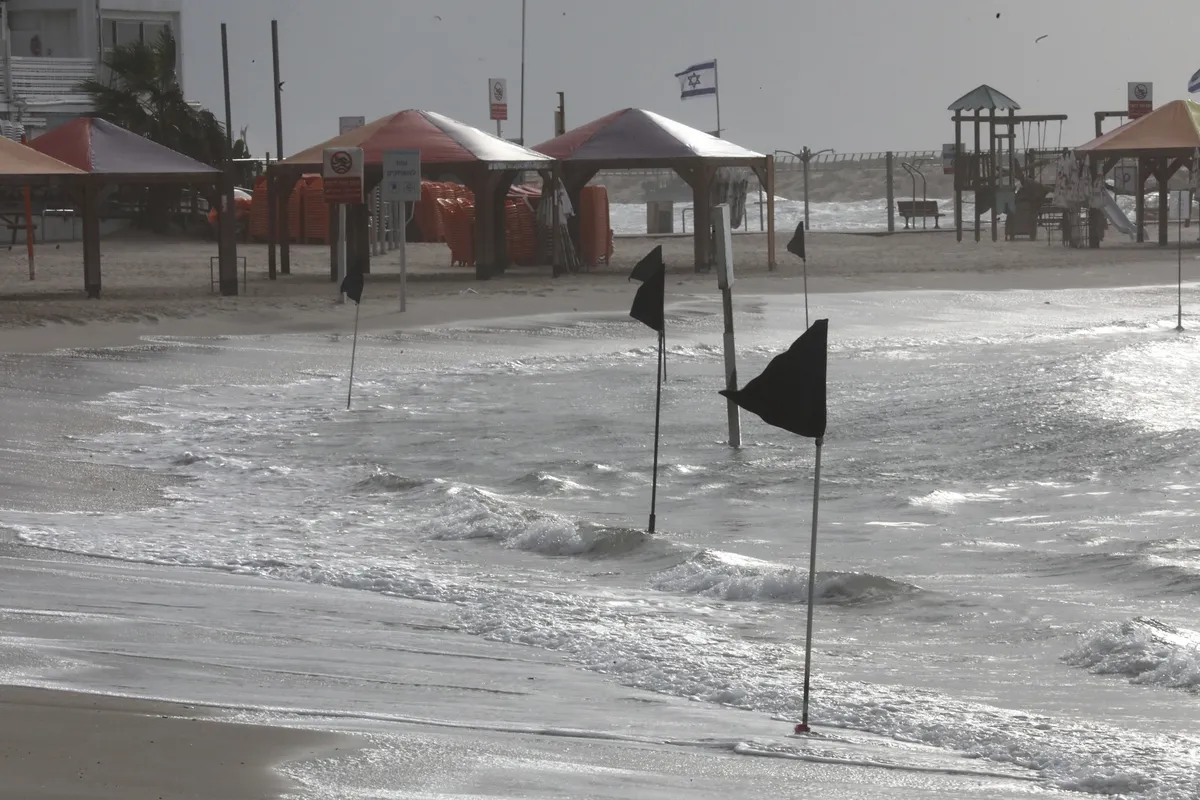Jerusalem, 8 September, 2025 (TPS-IL) — In the aftermath of Hamas’s October 7 attack on Israel, many Israelis saw their social media feeds flooded with a torrent of anti-Israel and antisemitic abuse. A new study from the Hebrew University of jerusalem suggests that such exposure to online hate has left lasting psychological scars. The findings imply that mental health professionals in Israel and the Jewish diaspora should consider screening for trauma linked not only to direct violence but also to online abuse.
The research, led by Dr. Dvora Shmulewitz, Head of Epidemiological Research at the Israel Center for Addiction and Mental Health at the Hebrew University, under the supervision of Prof. Mario Mikulincer, found a strong correlation between frequent encounters with digital hate speech and higher levels of post-traumatic stress disorder (PTSD) symptoms. The findings remained significant even when factoring in direct exposure to the attacks, the ongoing war, and prior mental health problems.
“This isn’t just about offensive language,” Dr. Shmulewitz explained. “Online hate can act as a form of digital terror — exacerbating the effects of trauma or even functioning as a traumatic event itself.”
Although the study focused on Jewish Israelis, its implications reach beyond Israel’s borders. Jewish communities abroad were also targeted with a surge of antisemitic abuse online after October 7, alongside incidents on the ground in cities from New York to Paris. Experts warn that the same mechanisms identified in the Hebrew University research — repeated exposure to online hate compounding trauma and stress — likely affect diaspora Jews as well.
Published in the peer-reviewed journal Scientific Reports, the study surveyed nearly 4,000 Jewish Israeli adults in December, two months after the attacks. Using clinical tools to assess trauma, researchers found that about 25 percent of participants met the screening threshold for probable PTSD. Roughly 39 percent said they had encountered hate speech on platforms such as Facebook, Instagram, or X at least once a week since the war began.
The numbers suggest a striking psychological impact. Each standard deviation increase in reported hate speech exposure was associated with a 2.2-point rise in PTSD scores. “That may sound like a small number,” said Prof. Mikulincer, “but in statistical terms, it is a meaningful and consistent effect across the population.”
The researchers also highlighted that the impact was far more pronounced among individuals who reported difficulty managing their emotions. “For people with high emotion dysregulation, the link between hate speech and PTSD was considerably stronger,” Prof. Mikulincer said, noting that certain individuals may be uniquely vulnerable to online hostility.
The results point to broader questions about responsibility in the digital space. Public health experts have long cautioned that exposure to hate online can damage well-being. The authors argue that potential interventions should involve not only clinical support but also systemic measures. They suggest that technology companies could strengthen AI-based moderation, while governments and civil organizations could expand public awareness campaigns.
Dr. Shmulewitz emphasized that mental health care providers must also adapt their practices. “This study should be a wake-up call,” she said. “We can’t assume that what happens online stays online. For many, the emotional impact is deeply real — and deeply damaging.”

































